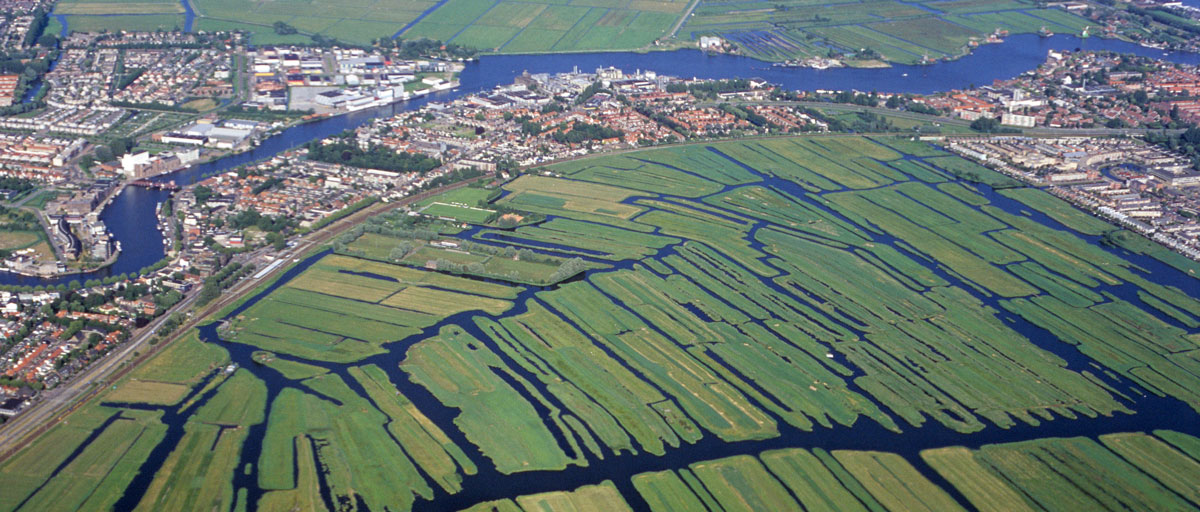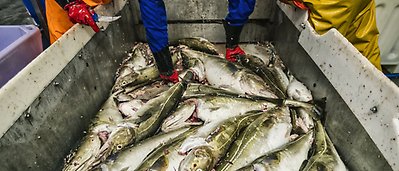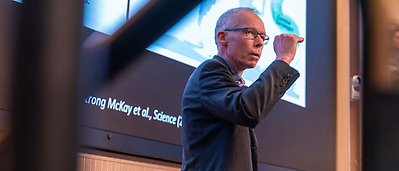
Recent study presents three key research challenges and a research agenda for linking biodiversity, ecosystem services and human well-being. Photo: R. Kautsky/Azote
Ecosystem services
A how-to guide for designing research for sustainability
Solving three key challenges can help improve our understanding of ecosystem services
- There is a need to understand how, when and where ecosystem services are produced
- Also understand who benefits from ecosystem services and how the benefits are distributed
- Need to identify strengths and weaknesses of different approaches to governance and management
Despite an increasing focus on ecosystem services, or the benefits people obtain from ecosystems, there are important ways we don’t understand them.
Knowledge gaps still exist regarding the underlying ecological foundation for the services, how they impact human well-being and how best to govern the benefits they produce.
In a recent paper published in Current Opinion in Environmental Sustainability Centre researcher Garry Peterson and colleagues, present three key challenges that need to be grappled with to better link biodiversity, ecosystem services and human well-being and, in doing so, improve the design of ecosystem management.
Who benefits?
These three challenges will also be the main focus of the research project ecoSERVICES, which is part of major international sustainability research programme Future Earth.
The first challenge is to expand our understanding of how, when and where ecosystem services are produced.
While it is clear that ecosystems produce benefits, identifying how these services are impacted by changes in biological diversity and the spatial arrangement of landscapes and seascapes is important to improve decision making.
"We cannot successfully address issues of governance of ecosystem services if we do not have a good understanding of how those services emerge from interactions among people and nature"
Garry Peterson, co-author
The second challenge is to better understand who benefits from ecosystem services and how the benefits are distributed. While this is an acknowledged prerequisite for effective ecosystem services assessments it still remains largely unaddressed in research.
This means not only understanding who the stakeholders are, but also what their knowledge and value systems are as well as how they would prefer to use and benefit from the services. Other important factors are how location and accessibility influences the ability of different people to benefit from particular ecosystem services, and how the distribution of benefits can change over time.
What is good governance for ecosystem services?
The third challenge is identifying the strengths and weaknesses of different approaches to governance and management of ecosystem services.
This requires better understanding of norms and rules in society that shape people’s access to, information on, and ability to make decisions about ecosystems and their benefits. Such understanding is needed to design new approaches and tools to improve the effectiveness, resilience, and equity of decision making for ecosystem services.
"These three challenges are highly connected. We cannot successfully address issues of governance of ecosystem services if we do not have a good understanding of how those services emerge from interactions among people and nature," says centre researcher Garry Peterson, one of the authors of the study.
The authors conclude that tackling these challenges does not simply require more research, but also a change in the way research is conducted.
"In order to move forward on this agenda, we need to make two key improvements in the way we do science today," says Peterson.
"Firstly these research challenges do not fall within existing disciplines and must be addressed by new types of sciences that bridge traditional disciplinary boundaries. Secondly scientists must collaborate with other people who use, understand, and manage ecosystem services, to produce more useful, integrated, and accessible knowledge so that we can live in ways that enable people to enhance nature and the benefits it gives to people."
related info
Bennett, E.M., et. al. 2015. Linking biodiversity, ecosystem services, and human well-being: three challenges for designing research for sustainability. Current Opinion in Environmental Sustainability. 14:76-85
Garry Peterson is Professor in Environmental Sciences with key focus on resilience in social-ecological systems. His research looks at ways to improve people's ability to ensure a reliable supply of the ecosystem services that support human well-being.






